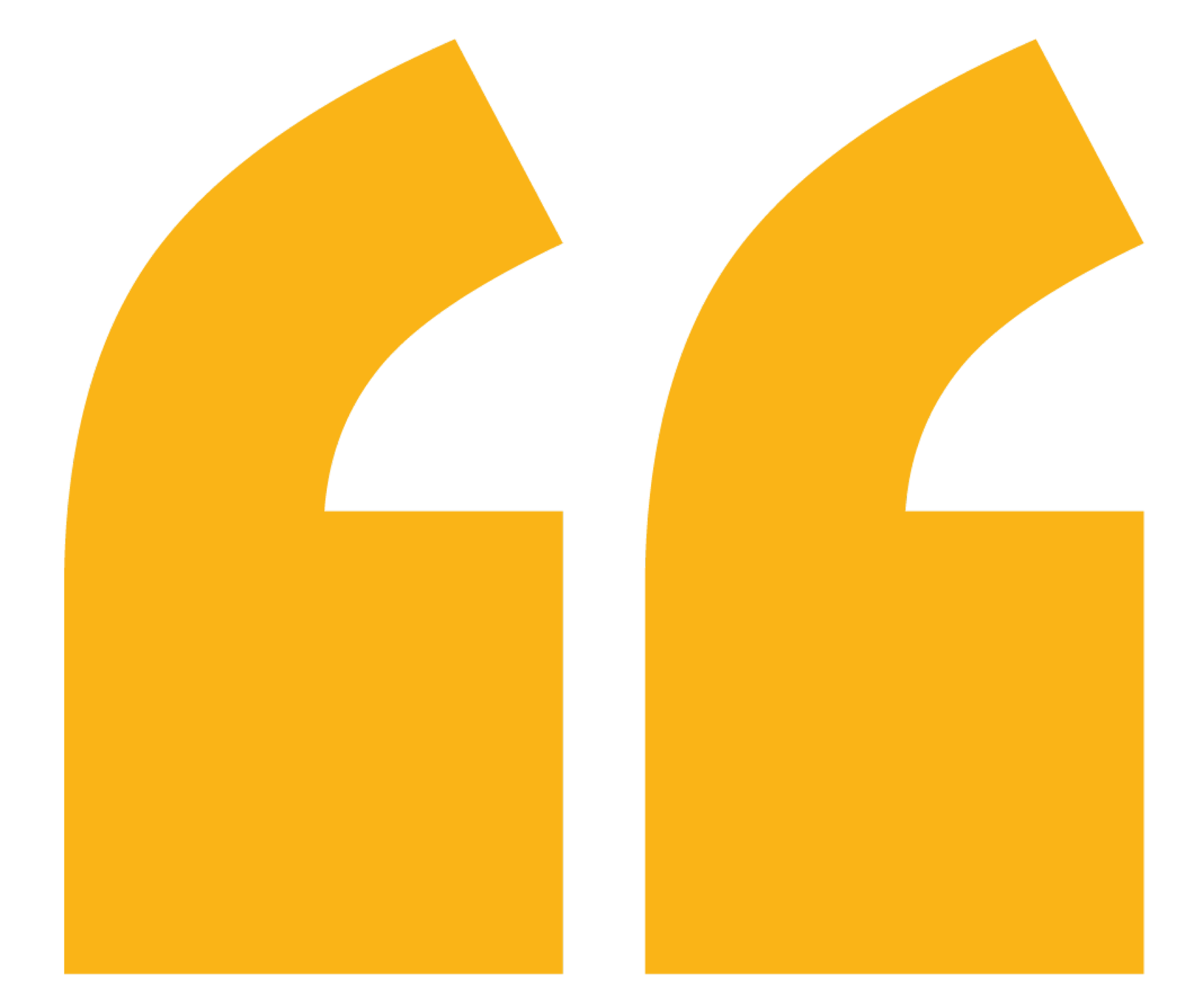
Episode #029
Jenny George
“A different way of hearing things”

Episode #029
Jenny George
“A different way of hearing things”
Listen and Subscribe
A different way of hearing things
"Only do the things that only you can do." — Jenny George
"Ruthless prioritisation is the first job of any CEO."
Jenny George, the Dean of Melbourne Business School - the #1 ranked business school in Australia - got this advice from her board chair: “Only do the things that only you can do”.
"You can fill up your diary, but when you do, you don't leave yourself the space for creativity. Your organisation needs you to not be too busy."
The CEO has the breadth of information, the context no one else has. That's your organisation's best chance of seeing threats early, spotting opportunities. "But if you're too busy, you'll miss them. Ruthless prioritisation just has to be the name of the game for a CEO."
The world throws everything at you - AI, mental health, hybrid work, geopolitical shifts. "You cannot pay attention to everything. So which ones are you going to choose?"
The CEO as symbol
"A CEO is a symbol of what matters. The things you choose to spend time on send the signal about what matters."
She prioritises one-on-ones in her actual office. "That door is open and you can walk through any time." It helps them imagine themselves there in the future.
"Whatever you say the organisation's strategy is, if you spend time on other things, people don't believe it." Where you sit. Which door you use. How you spend your time. These choices tell the organisation who it's becoming.
Jenny sings in a group of eight, complex music and harmonies where each person has their own part. "If you don't sing, your note does not happen. It's absolutely reliant on you, but at the same time, this harmony happens because of the other seven people." Three hours of pure concentration, listening to how your note fits the chord. It is hard to imagine a more perfect metaphor for how she leads, creativity for a collective outcome.
Everyone deserves a second chance
"This is a favourite quote from one of my former professors - don't be an asshole. It's not that hard."
Jenny studied under Bob Sutton at Stanford, who wrote The No Asshole Rule: Building a Civilized Workplace and Surviving One That Isn't. But Jenny's taken it further.
At her mental health company, a value statement emerges, "everyone deserves a second chance. Not endless chances, but second chances."
Most talk about the "no dickheads policy" - keeping the wrong people out. Jenny's reframed it. "We're all assholes sometimes. By focusing on the behaviour, we need to internalise it."
"The biggest thing you can do as CEO is recognise when you yourself are doing something wrong and say sorry for it publicly."
The non-negotiable
"What leadership trait can you absolutely not tolerate?"
"I have to have transparent information. I'm a data person. That was my PhD. I find patterns in data. That's how I make sense of the world."
When people cut off her information flow, even for good reasons, they're cutting off her judgement. "Sometimes it's explicitly to keep information as power and dole it out. That's a non-starter."
I know this one. The people who sought to hold power over me by manipulating trust.
Neither does Jenny. We both struggle with people who seek power over rather than power with.
The giving table
"What are we gonna give our money to this year?"
Jenny was thirteen when she got her seat at the decision table. Once a year, her family would decide where ten to twenty percent of income would go.
She had a voice. She had a vote.
Her father left academia to put electricity systems into developing countries. Her mother counselled prisoners for little pay. "She saw that as the most impactful way she could spend her counselling hours."
Both asking: “Where can I make the difference only I can make?”
Dad was the sensitive one. Mum the logical one. Together they built something bigger - he created a charity to expand her prisoner counselling into systematic change.
"Prioritisation has always been a big part of what I try and do in my life. That's because of how my parents modelled that."
From that table at thirteen, learning that small choices become systematic change. That you choose where to make your difference.
That your voice matters.
Every note matters.
Only do what only you can do.
Everything else is noise.
Notebook ready,
Play on!
Cameron Schwab
Video Shorts - Some key lessons from the podcast
Leadership is the difference maker
To embrace the expectations of your role, welcome the responsibilities and pressures as a privilege, a right you have earned, and be energised by the opportunities they provide.





